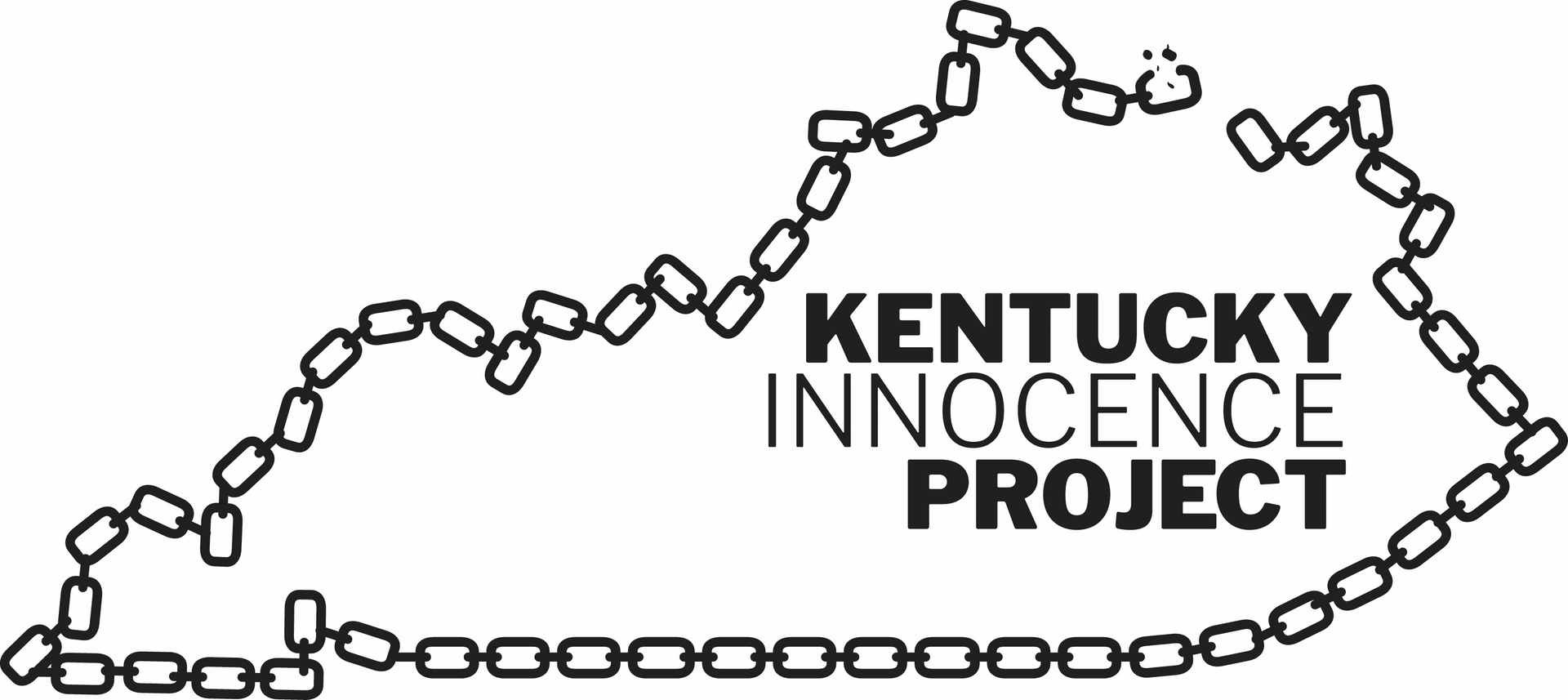Government Misconduct
Government or Official Misconduct
Misconduct can occur at different points in time during criminal investigations, prosecutions, or in the collection, storing, or testing of evidence, such as at crime labs. Official misconduct occurs when a person who is working for the government violates the rules or laws of their role. “Officials” include prosecutors, judges, and/or law enforcement. The National Registry of Exonerations defines Official Misconduct and states that it happens when "police, prosecutors, or other government officials significantly abused their authority or the judicial process in a manner that contributed to the exoneree's conviction." Close to half of all wrongful convictions have some component of official or government misconduct.
Official misconduct can happen in different ways and forms and is the second leading contributing factor to wrongful convictions. Officials who are focused on securing convictions can lose sight of their greater responsibility to uphold the pillars of justice and feel that the end justifies the means. They assume they know the answer to who is guilty and proceed to secure what they view as the truth, rather than to engage in a reliable fact-finding process.
The National Registry of Exonerations collects data on wrongful convictions in the their report Government Misconduct and Convicting the Innocent they state that:
- In 54% of exonerations, official misconduct contributed to false convictions
- 30% of exonerations include misconduct by prosecutors, 35% misconduct by police, 3% by forensic analysts, 2% by child welfare workers.
- Misconduct at trial occurred in about 23% of exonerations, about evenly divided between perjury by law enforcement officers, 13%, and trial misconduct by prosecutors, 14% (with some overlap).
This report defines the term “official misconduct.”
“Official Misconduct” is a term of art. In general, it means that a prosecutor, police officer, or less frequently, forensic analyst or child welfare worker violated an official duty in the investigation or prosecution of a criminal case, and that violation contributed to the conviction of a defendant who was later exonerated.
According this report, most acts fall within five broad categories: Witness Tampering, Misconduct in Interrogations, Fabricating Evidence, Concealing Exculpatory Evidence, and Misconduct at Trial.
Generally speaking the kinds of misconduct engaged in by law enforcement versus prosecutors tends to be different.
Law enforcement often includes more specific misconduct such as:
- Employing suggestion when conducting identification procedures
- Coercing false confessions
- Lying or intentionally misleading jurors about their observations
- Failing to turn over exculpatory evidence to prosecutors
- Providing incentives to secure unreliable evidence from informants
Common forms of misconduct by prosecutors include:
- Withholding exculpatory evidence from defense
- Deliberately mishandling, mistreating or destroying evidence
- Allowing witnesses they know or should know are not truthful to testify
- Pressuring defense witnesses not to testify
- Relying on fraudulent forensic experts
- Making misleading arguments that overstate the probative value of testimony
Read more about Official and Government Misconduct at the report by the National Registry of Exonerations at
https://www.law.umich.edu/special/exoneration/Documents/Government_Misconduct_and_Convicting_the_Innocent.pdf
